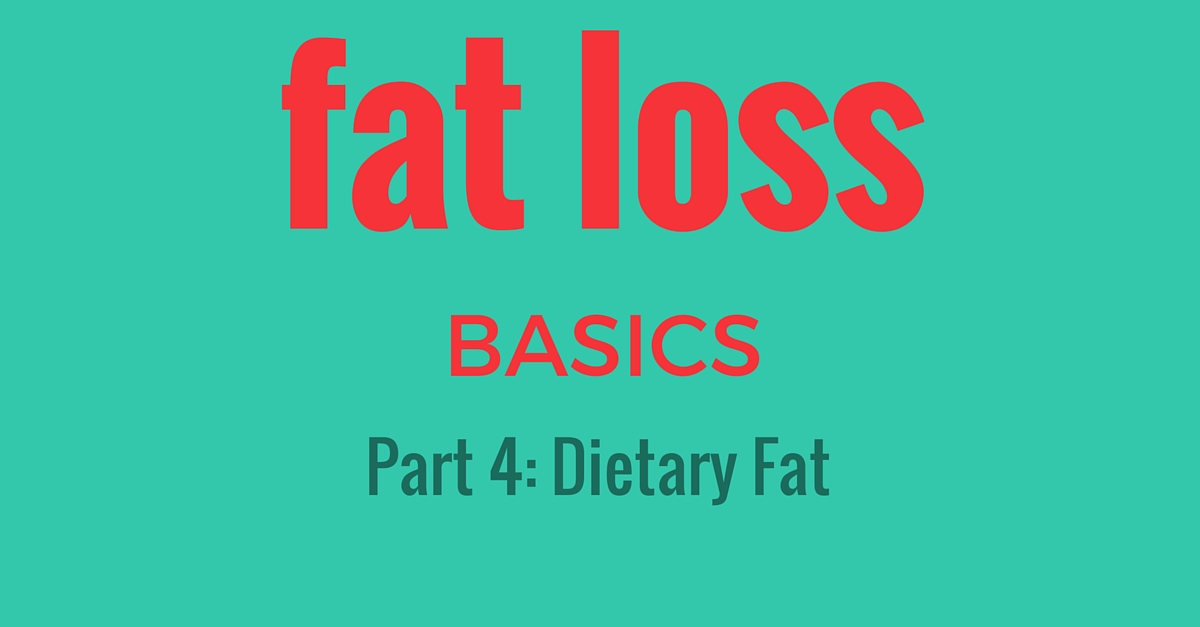To kick off the New Year, I am doing a series called Fat Loss Basics! In the first episode, we talked about calories & hormones and the requirements for fat loss. In the second, we covered everything you need to know about carbs & fat loss. Then we tackled protein & highlighted the ways that protein intake increases satiety & supports fat burning but also established how too much protein inhibits fat loss. In this episode, we’re diving into dietary fat & how eating more fat might help accelerate fat burning!
To get caught up, check out part 1, part 2 and part 3.
In today’s episode we’re taking a look at how & why dietary fat supports fat loss:
- Does fat make you fat?
- Why should you eat more fat?
- What happens when you go on a low fat diet?
- How does fat intake trigger your body to burn more fat?
- What are some fats to focus on?
- How much fat is too much fat?
I love sharing this kind of information with you & I’d love to stay more connected & keep you informed, encouraged & motivated through my VIP email list.
Listen Now
Fat Loss Basics Part 4 – Dietary Fat
Fat is a macronutrient, delivering 9 calories per gram
This means that fat has more than twice the energy potential than carbs or protein
Consider fat a “high octane” fuel
Consuming quality fats is like giving your body higher quality fuel to increase its mileage & performance
The building blocks of proteins are fatty acids
Fat is a precious resource required by the body
Your brain is approximately 60% fat
Fat is a component of every cell in your body
Fat is required to manufacture hormones and hormone balance is essential for fat loss
When you do not consume adequate fat, your body hangs on to the fat stores in your body in the same way that water is tightly controlled during a drought
Your body responds to the type of fuel you consume & your hormone production shifts accordingly
Giving your body adequate dietary fat increases it’s propensity to burn fat but this requires that you not overconsume, that you manage insulin & you don’t consume excessive amounts of protein
Hormone sensitive lipase is an enzyme which catalyzes fat burning
Insulin inhibits hormone sensitive lipase
Inadequate fat intake inhibits hormone sensitive lipase
Ideal dietary fat intake depends on:
- Your activity level
- Your total energy intake
- Your hormone balance
Focus on getting dietary fat from whole food sources including:
- Avocado
- Coconut
- Grass fed butter
- Salmon & other fatty fish
- Grass fed beef
- Chicken thighs
- Almonds
- Macadamia nuts
Resources
What’s the deal with cholesterol
Q&A 7: Cholesterol & Vascular Disease
Q&A 5: Why I Drink Bulletproof Coffee
